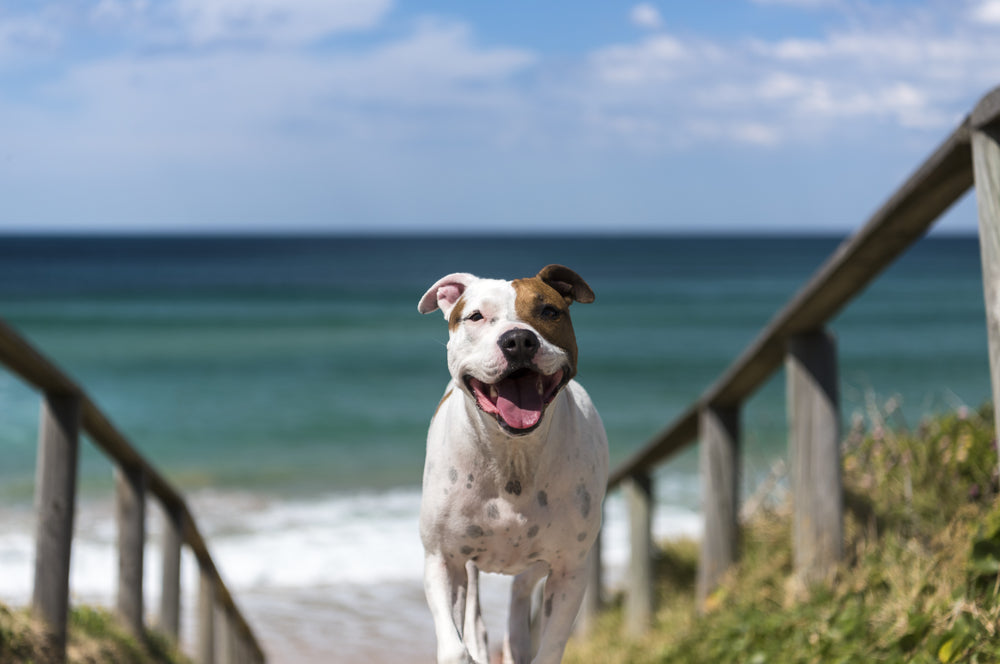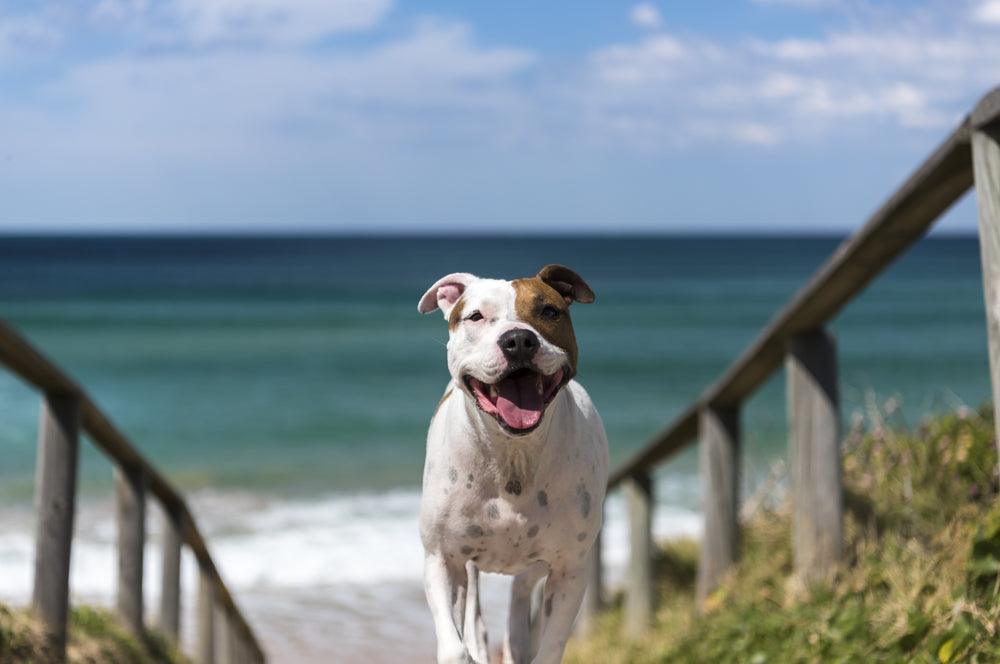Can Dogs Eat Eggs?
Coming into Easter, nothing beats a festive Easter egg treat. Obviously, we cannot share these treats with our dogs, but how about eggs in general? Before they were domesticated, dogs used to steal eggs from birds' nests and eat them raw. Today, dogs may not have to hunt, but they still require the proteins provided by eggs. So, should you start giving eggs to your dogs? Read on to find out.
Should Dogs Eat Eggs?
There are many reasons why dogs should eat eggs. First, eggs are an excellent source of proteins. A small egg has 4.9 grams of protein while a large egg has 6.5 grams.Eggs also contain other essential nutrients, such as:
- Fatty acids, which play a role in cell growth, lead to a strong immune system, and help maintain healthy skin
- Vitamins A, D, E, K, B1, B6, and B12
- Essential minerals, such as calcium, phosphorus, magnesium, sodium, manganese, zinc, and copper.
How Can You Prepare Eggs for Your Dog?
Eggs for dogs should be cooked first. You should only cook plain eggs and avoid seasonings such as ketchup, pepper, and salt. It's also a good idea to use eggs that are fresh and come from a farm that doesn't use chemicals. Try giving your dog just one egg at first, to see if they have any adverse reactions.
You can hard-boil eggs for about half an hour in an oven and serve them with the shells. Alternatively, the eggs can be scrambled for about eight minutes to enhance flavour.
Can Your Dogs Eat Shells?
The simple answer is yes, but you should talk to your veterinarian first. Eggshells are about 40% calcium and can provide 381 to 401 mg. Lactating and pregnant dogs need the calcium to support the growing fetus and produce enough milk for the litter. Calcium is also important in the function of smooth and skeletal muscles.
Nevertheless, dogs should feed on shells in a way that allows easy digestion. For instance, shells from cooked eggs are brittle and easier to grind.

Can Dogs Eat Raw Eggs?
Generally, raw eggs have a higher chance of bacterial infection, but they may be more nutritious than cooked eggs. Feeding your dog with raw eggs comes with some risks. For instance, raw eggs could infect your dogs with salmonella. This may lead to fevers, diarrhea and vomiting.
Like humans, dogs can also be affected by allergies associated with consuming eggs. Be mindful of symptoms which may indicate an allergic reaction. These include:
- Skin rashes
- Skin infections
- Obsessive licking
- Face rubbing
- Coughing
- Chronic gas
- Bald patches
How Many Eggs Should Dogs Eat?
The amount and frequency of egg consumption depend on the size and breed of your dog. Generally speaking, small dogs should not consume more than a quarter of an egg each day, while large dogs can eat a whole egg within a 24-hour period. Medium-sized dogs can eat two eggs in a week. It’s best to think of eggs as a treat for your dogs. That way, it is perfectly safe for them to consume on those occasions, as well as keeping it as a nice surprise for them to enjoy.
Bottom Line
Providing a balanced diet for your furry best friends is beneficial in keeping them healthy and strong. Enjoy all your Easter Egg-tivities with your floof, making sure to consult with your veterinarian for any questions concerning their diet.











Leave a comment